Don't wanna be here? Send us removal request.
Text
Teachers be like “here have a break” and then give you a ton of work to do on that break.
129 notes
·
View notes
Text
the age of social media: a reading list
note: all hyperlinked texts are either open-access academic works or public-facing articles, & most other texts are accessible through various pdf-hosting websites.
books
the age of surveillance capitalism by shoshanna zuboff (2019)
the burnout society by byung-chul han, tr. erik butler (2015)
control: digitality as cultural logic by seb franklin (2015)
dark matters: on the surveillance of blackness by simone browne (2015)
the death algorithm and other digital dilemmas by roberto simanowski, tr. jefferson chase (2018)
the end of forgetting: growing up with social media by kate eichhorn (2019)
in the swarm: digital politics by byung-chul han, tr. erik butler (2012)
the politics of dating apps: gender, sexuality, and emergent publics in urban china by lik sam chan (2021)
the transparency society by byung-chul han, tr. erik butler (2015)
weaving the dark web: legitimacy on freenet, tor, and i2p by robert gehl (2018)
articles
ambivalent influencers: feeling rules and the affective practice of anxiety in social media influencer work by mari lehto (2021)
capitalism, patriarchy, slavery, and racism in the age of digital capitalism and digital labour by christian fuchs (2017)
children are our future: resistance, addiction and the digital natives by rob horning (2010)
#dadtribe: performing sharenting labour to commercialise involved fatherhood by mario campana, astrid van den bossche, and bryoney miller (2020)
disintegrated bodies from cyborg microcelebrities to capital flow: a post-phenomenological investigation of disembodiment by riad salameh (2021)
the drama of metrics: status, spectacle, and resistance among youtube drama creators by angèle christin and rebecca lewis (2021)
#familygoals: family influencers, calibrated amateurism, and justifying young digital labor by crystal abidin (2017)
fragments on microcelebrity by rob horning (2012)
imagined affordances of instagram and the fantastical authenticity of female gulf-arab social media influencers by zoe hurley (2019)
improbable curators: analysing nostalgia, authorship and audience on tumblr microblogs by dinu gabriel munteanu (2017)
instagram use, instamums, and anxiety in mothers of young children by mara moujaes and diarmuid verrier (2020)
micromicrocelebrity: branding babies on the internet by crystal abidin (2015)
power through the algorithm? participatory web cultures and the technological unconscious by david beer (2009)
“running the numbers”: modes of microcelebrity labor in queer women’s self-representation on instagram and vine by stefanie duguay (2019)
selling brands while staying “authentic”: the professionalization of instagram influencers by loes van driel, delia dumitrica (2020)
seo and the disappearing self by rob horning (2010)
social media as masochism by rob horning (2016)
social media is not self-expression by rob horning (2012)
speaking to no one by rob horning (2017)
verbal venting in the social web: effects of anonymity and group norms on aggressive language use in online comments by leonie rösner and nicole c. krämer (2016)
vlogging parlance by sophie bishop (2018)
12K notes
·
View notes
Text
i love when ur writing an essay and u all of a sudden get a burst of inspiration or find the perfect source to back up ur point and it’s like the clouds have parted and everything’s clear and ur not gonna have to drop out
233K notes
·
View notes
Text

Pluralism on the media summary
6 notes
·
View notes
Text

Traditional Marxism on the Media summary
1 note
·
View note
Text

Summary of Hegemonic Marxism on the media
1 note
·
View note
Text

Summary of Postmodernism on the media
1 note
·
View note
Text
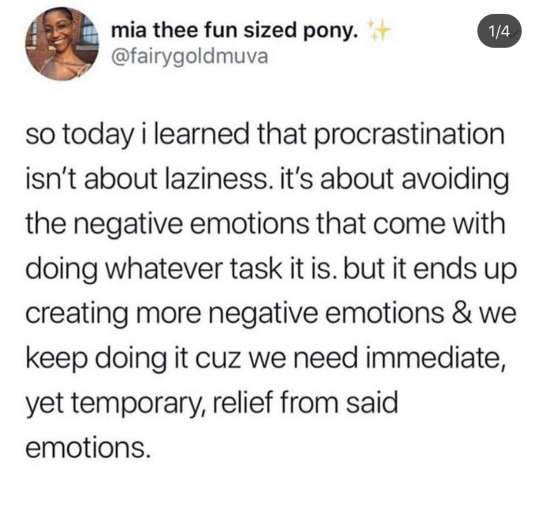
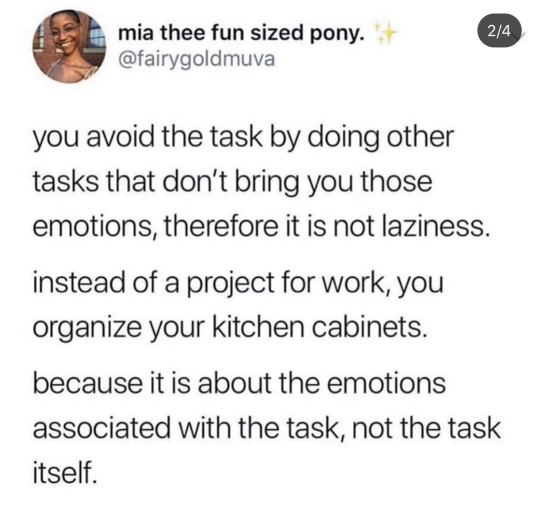
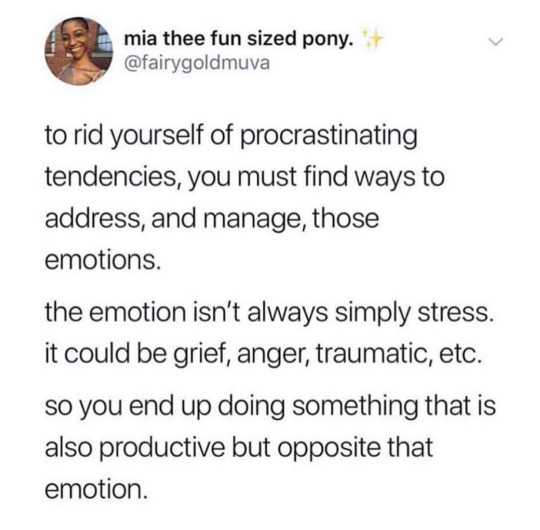
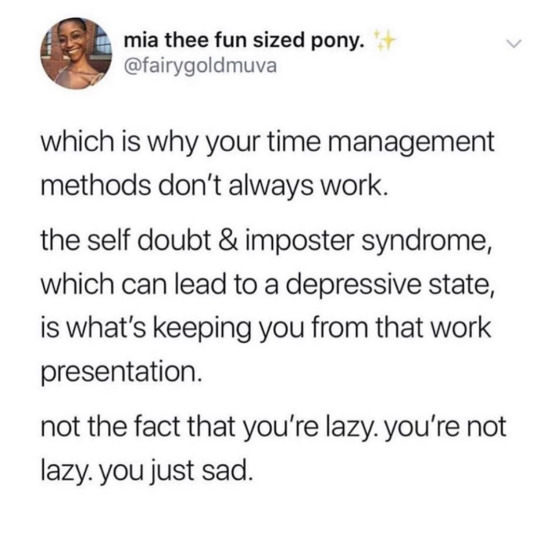
13.4.20
Y’all know I only post original content on here unless I feel like it’s important to share. Take it in ✨
54K notes
·
View notes
Text
Consequences of the ageing population
AO1:
Harper - We will reach ‘radical longevity’ with many more people living over the age of 100.
It has a negative effect on the dependency ratio (there are less people of working age to support the non-working elderly economically).
The elderly are excluded from paid work, forcing them to be dependent on the state.
Postmodernists believe the fixed, orderly stages of life are becoming more blurred - People have more choice over their lifestyle regardless of their age, e.g. going to the gym or getting cosmetic surgery.
Pilcher - Inequalities like class and gender are still important in old age, e.g. the middle class are likely to have more savings to be able to support themselves and older women are open to sexist stereotypes, like being ‘old hags’.
The increased dependency of the elderly has a negative impact on the NHS and pension system.
Jeremy Hunt - The biggest issues we face is the sustainability of the NHS and the sustainability of the pension system.
Healthy life expectancy is not keeping pace with life expectancy - People are living longer but are spending more years in poor health.
AO3:
There are social class, regional and gender differences in life expectancy.
Walker - People living in poorer areas die an average of 7 years earlier than those living in richer areas.
In 2015 there were 3.2 people of working age for every one pensioner, this is predicted to drop to 2.8 by 2023.
It is wrong to assume that all elderly people are economically dependent.
Phillipson (Marxist) - The elderly are of no use to a capitalist society as they are no longer productive.
Hunt - We choose our lifestyle and identity regardless of our age.
People who are in the working class typically earn less, will have a lower pension and therefore become more dependent on the state and their family.
Many of the elderly have private pensions and undergo private care, therefore they are not a ‘burden’ on society.
The increase in the years spent in poor health means more people with chronic illnesses and dementia needing round-the-clock social care which is a financial burden.
26 notes
·
View notes
Text
Education - Marketisation and Selection Policies
The Educational Reform Act- suggested schools partake in marketisation and selection.
Funding Formula= schools aquired an equal amount of money for every student they take on.
Exam League Tables= the rank a school gets for their percentage of students who achieve A-C GCSE's.
Competition= schools compete for students
A-C Economy:
Pressure placed on schools to achieve high places on league tables, subsequently attracting more pupils and gaining more funding. Schools focus on pupils who can attain A-C.
Educational Triage:
3 types of pupils :
Those who will do well anyway
Borderline C/Ds
Hopeless cases
Polarisation present between those schools high in league tables and those lower down.
Higher = more popular and can select better students
Lower = less popular and thus less able to select
Cream-skimming = selecting higher ability students. These students attain higher grades to maintain high places within league tables and cost less to teach.
8 notes
·
View notes
Text

I started making dark academic posts on Instagram. :)
37 notes
·
View notes
Text


“𝗶 𝗱𝗼𝗻’𝘁 𝗲𝘃𝗲𝗻 𝗰𝗮𝗿𝗲!” 𝘀𝗵𝗲 𝗰𝗿𝗶𝗲𝘀 𝘄𝗵𝗶𝗹𝘀𝘁 𝗴𝗿𝗮𝗯𝗯𝗶𝗻𝗴 𝗮𝘁 𝗲𝘃𝗲𝗿𝘆 𝗼𝗽𝗽𝗼𝗿𝘁𝘂𝗻𝗶𝘁𝘆 𝘁𝗼 𝗰𝗼𝗺𝗽𝗹𝗲𝘁𝗲 𝘁𝗵𝗲 𝘀𝗮𝗺𝗲 𝘁𝗮𝘀𝗸 𝘀𝗵𝗲 𝗰𝗹𝗮𝗶𝗺𝗲𝗱 𝗻𝗼𝘁 𝘁𝗼 𝗴𝗶𝘃𝗲 𝗮 𝗱𝗮𝗺𝗻 𝗮𝗯𝗼𝘂𝘁.
2K notes
·
View notes
Text
not wanting to is a valid reason for saying no.
3K notes
·
View notes
Text
professors really out here expecting intellectual answers from my rotting brain. like bro please know your target audience while framing the exam questions
8K notes
·
View notes
Text
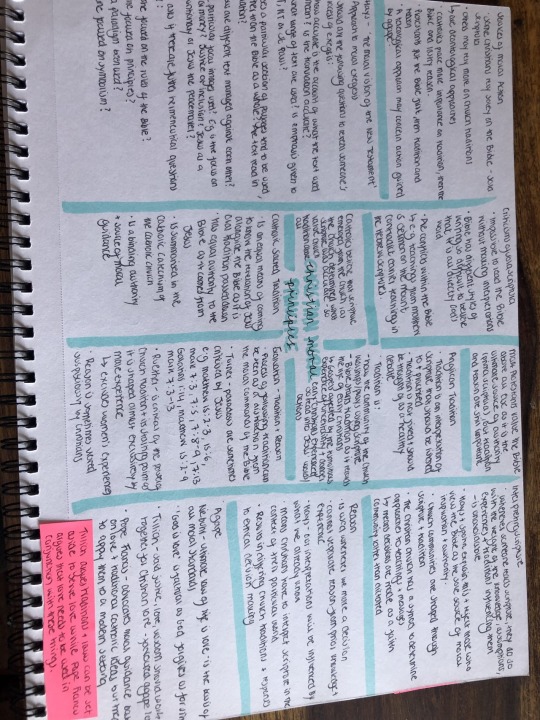
3 notes
·
View notes
Text

1 note
·
View note
